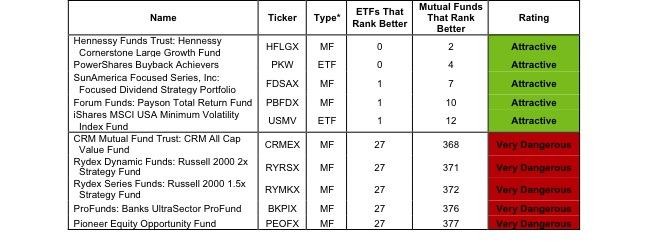Mutual Funds v s
Post on: 27 Март, 2015 No Comment

Both mutual funds and exchange traded funds (ETFs) are investments in which shareholders pool their money with the intent of investing in diversified portfolios of securities.
These securities can be stocks, bonds, real estate, or almost anything that represents financial value. Instead of having to research and choose specific investments, they are chosen and managed by a professional manager.
Mutual Funds
When you invest in a mutual fund you own a piece of the fund in the form of units. When the value of the underlying investments rises and falls, so does the value of your fund units.
Mutual funds can only be bought and sold at the end of the trading day so the price might be different from what you see when you make your trade. They can be purchased for as little as $25 with a regular purchase plan (weekly, biweekly, monthly, etc.), which is an advantage for small portfolios and beginning investors . Most funds have no cost to purchase.
Because a professional team manages mutual funds, they often have high expense ratios (MERs). Money market, bond and index funds generally have lower MERs and actively managed growth funds, foreign and sector funds can have fees in excess of 3%.
Mutual funds can be an easy way to have a diversified portfolio. but make sure it truly is diversified. With Canada’s relatively small market there may be a redundancy of holdings because the fund managers all picked stocks from the limited list on the TSX. Take a look at each of the funds largest holdings to see where there may be redundancies.
ETF
Exchange traded funds (ETF’s) are a group of funds that are traded daily on the stock market just like individual equities. That makes them more flexible than mutual funds because you can buy and sell shares throughout the day and the price is constantly updated.
They typically offer a passive approach to investing in either an entire stock market index or one of many sub-indexes.
ETF fees are often lower than mutual funds fees because most ETF’s don’t need to be actively managed. An average MER is about 0.5%. However, since any trade is subject to the broker’s trading fees (up to $29 per trade) ETFs are not suitable to small regular purchase plans as the trade fee will quickly outweigh any reduction in MERs.
The range of ETF investments have grown quickly with iShares being the most prolific creator and marketer. Some of the most popular ETFs have been leveraged and inverse leveraged to magnify gains. This type of ETF is designed to track the daily return of the underlying index. At the close of each trading day the fund is reset for the next day.
An inverse ETF gains value as the market goes down because it is structured to make money when stocks decline. Care must be taken to understand the risks unique to this form of investing. Under certain conditions they can perform substantially below expectations and are definitely not to be used for a buy-and-hold strategy .
Both mutual funds and ETF’s offer indirect methods of investing using the same long-term focus of balance and diversification without having to select investments directly.
Do you own either one? When you compare an ETF vs Mutual Fund, which type do you prefer?














